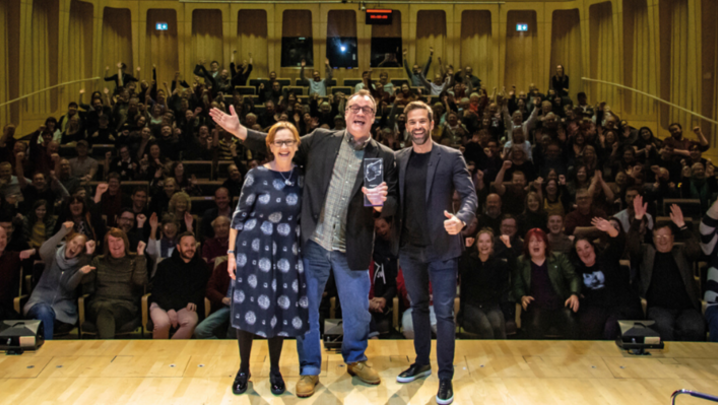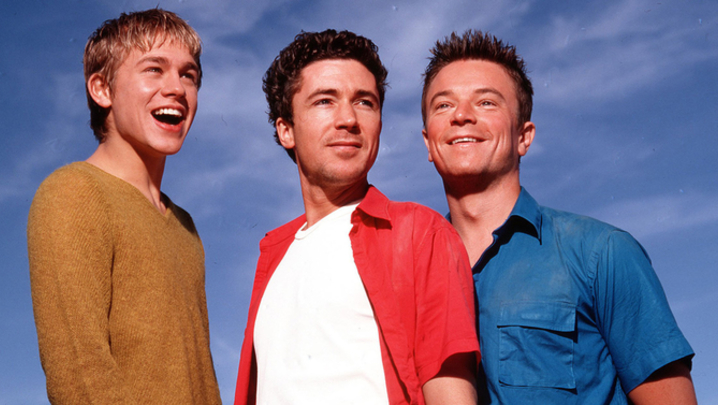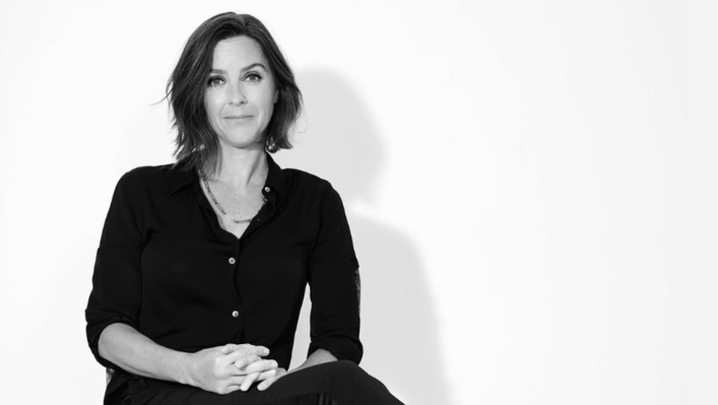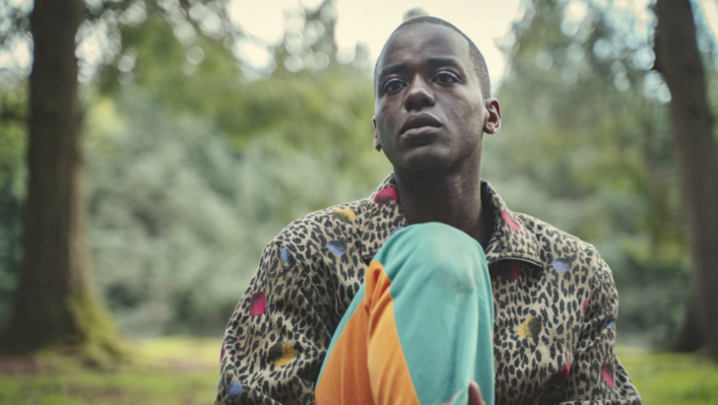It’s a Sin’s Russell T Davies, long-time collaborator Nicola Shindler and Channel 4 commissioner Lee Mason spell out how to create hit scripts.
For a show that took six years and multiple knock-backs before it hit our screens, It’s a Sin is a formidable reminder of the power of TV drama.
The series follows a group of gay friends during the Aids crisis of the 1980s, and earlier this year became All 4’s biggest ever show when it was watched by 18.9 million viewers.
Viewers were drawn in by Russell T Davies’s compelling story and his finely crafted characters, whom we couldn’t help but feel invested in.
Crucially, its cultural impact added depth to its importance: in the first week that the series was available, which coincided with National HIV Testing Week, more than double the number of HIV tests were ordered compared with the previous National HIV Testing Week.
Davies was also responsible for the equally groundbreaking Channel 4 series Queer as Folk, rebooting Doctor Who, spinning off Torchwood, and the gay-related trio of Cucumber, Banana and Tofu.
The genesis of It’s a Sin came when he was writing Cucumber, Davies explained at the RTS masterclass. “I do think every piece of work has led to another piece of work. Cucumber is about a middle-aged man who lived through the 1980s.
“Eight hours of drama heads towards the last line of the last scene where someone basically says, ‘What’s wrong with you?’, and he says, ‘Being gay’.…That’s what said to me, ‘Right, next, you have to write that show, the one [that] this middle-aged gay man who lived through [the 1980s] should write’.”
The premise was a difficult sell, stressed Nicola Shindler, who developed and executive produced It’s a Sin for Red Production. She is a long-time producer of Davies’s work and recently set up Quay Street Productions.
She said: “If you say, ‘I’m going to do an HIV/Aids drama’, it feels like it’s going to be about death, about victims, about very thin men in beds dying, which is all we’ve ever seen before. People couldn’t see beyond that and couldn’t see the joy that Russell had written into it.”
However, Channel 4 commissioner Lee Mason was drawn to the script, particularly as its family dynamics had universal appeal. “It’s this idea that you will have people that you love, loved ones you will lose, secrets that you keep from each other,” he said. “All those things we have in family dramas, it’s all in that Pink Palace [the characters’ London residence].”
The clip played during the masterclass was the fast-paced sequence in which Ritchie [played by Olly Alexander, also frontman of the band Years & Years, not to be confused with Davies’s series of the same name] discusses the rumours surrounding this new virus over a multitude of buzzing scenes – the equivalent of Trainspotting’s ‘choose life’ sequence.
Here’s a snippet of the lightning-speed monologue: “They say it arrived from outer space on a comet, and they say that God created it to strike us dead. They say that it was created in the laboratory to kill us. They say it’s the Russians. They say we got it from the jungle...”
Davies explained: “It’s not just a sequence. It’s not just us having fun. It’s the entire reason I wanted to write the show. That’s me in 2015 or 2010 wanting to dramatise a period of time when it was all rumours.
“But how do I dramatise it so that it’s not two people sitting in the pub? That whole sequence would have died if it had been pub dialogue, or an argument between three friends.”
There was plenty more for aspiring writers to learn from It’s a Sin and those who brought it to life. For Davies, a key aspect for any writer is to have a professional approach.
“I find myself giving this advice more and more often to young writers. If you’re one of those writers who always delivers late, sort yourself out. Because there are people who have careers like that, and they don’t last. Also, if you drink too much – they might be the talk of the town for 10 years but not all writers have to be a bit mad.
“You’ll never get rid of all your madnesses, but if there are things in your psyche that stop you delivering scripts, it’s not going to work. And that’s a fact, because it’s very hard work.”
Mason agreed: “I have loads of scripts coming in all the time. So I could commission you to write that script, and I could be really excited about it. But the longer it takes for that script to come back to me, [the more] I might start to lose interest, or something else might come on my desk and that is the 10pm show that I want to pitch to [Channel 4’s chief content officer] Ian Katz.”
The distinctively British story of It’s a Sin proved successful in countries such as the US (with co-producer HBO Max), Korea and Australia. But that does not mean that writers should be keeping one eye on the international markets they hope their shows will be sold to.
“It’s not the writer’s job,” says Shindler. “If the writer is thinking, ‘How am I going to sell internationally’, they’re thinking about the wrong thing. The writer should be thinking: what’s the best script I can write? Who’s the best character I can put on screen? How is the story told in the best way? Not, ‘Will someone in Idaho be able to understand it?’.”
Mason offered his take on this: “Because we’re living in this global streaming world, audiences are more sophisticated. People get it. The amazing show that Nicola produced, Happy Valley [set in Yorkshire], did great on Netflix. There’s no denying that, culturally, it’s got all the flavours of a certain region of this country. That didn’t bother audiences outside of the UK, because it’s an amazing story with amazing characters going on big emotional journeys.”
Aspiring writers also need to understand that the title of a series may change; It’s a Sin was originally called Boys. If the story is strong enough to be greenlit, that conversation can happen afterwards.
Also, the strength of the writer-producer relationship helps the broadcaster have confidence in a show.
Finally, formatting matters. Checking for typos is important (“It’s amazing how bad it feels to read typos,” said Davies). As a commissioner, Mason reads scripts on the move, often on his phone, so “just give me text”, he said. “When I get scripts with all the bells, whistles and pictures, I always wonder why they needed to do that. I usually assume that the script is not as good.”
Returning to the keynote scene of It’s a Sin described earlier, Davies explained that a script is most effective when the look of it on the page matches how it feels. “If a sequence is fast, it should look fast on the page. You cut adverbs out of a script, you barely have full stops, instead you use dashes.
“If a scene is very slow and very ponderous, then you have big blocks of stage directions and big speeches and it looks dense. As Nicola always says, a script is the document that everyone on the production needs to know. It’s not the stage directions. Everything’s a scene.”
If anyone should know which scripts work best, it’s these industry heavyweights.
Report by Shilpa Ganatra. The It’s a Sin masterclass was held on 18 May. It was chaired by comedian and presenter Kemah Bob and featured writer Russell T Davies OBE, executive producer Nicola Shindler and Channel 4 commissioner Lee Mason (who is moving to Disney+). It was produced by Tom Popay and Rajveer Sihota.







